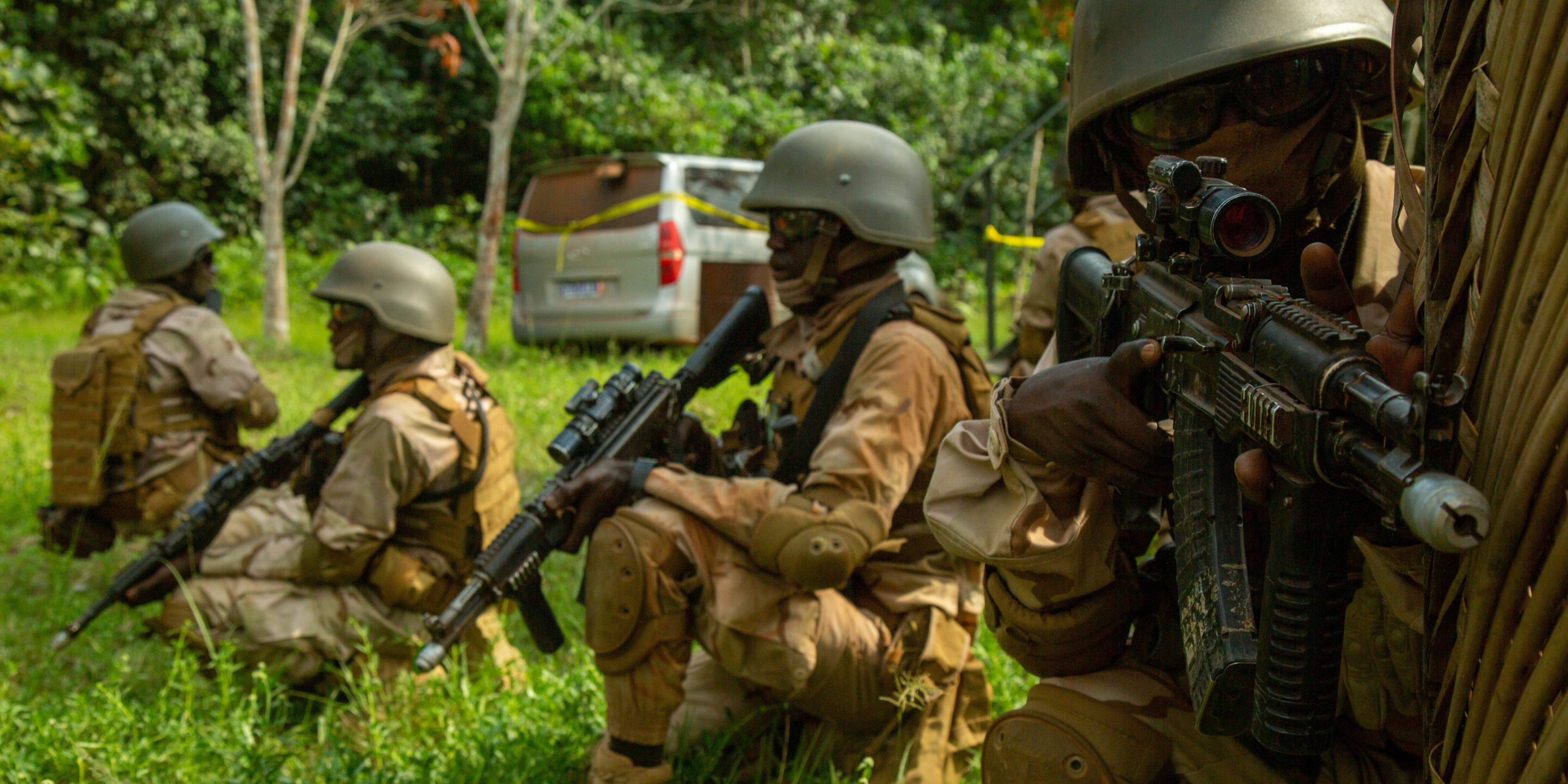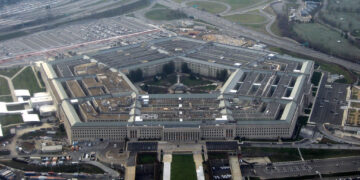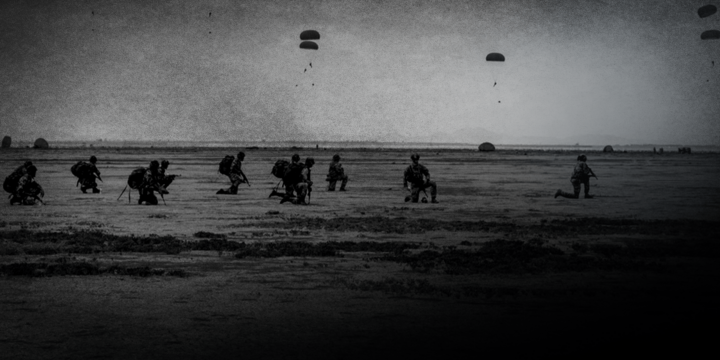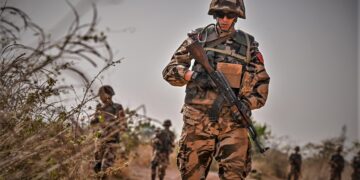August 20, 2023
Niger’s political crisis could affect the U.S. counterterrorism footprint

Nearly three weeks after the Nigerien presidential guard overthrew President Mohammed Bazoum, the political crisis in the Sahelian African state shows no signs of ending.
The coup caught nearly everybody off guard, including Niger’s neighbors in the Economic Community of West African States, which quickly issued an ultimatum to the Nigerien junta: restore Bazoum to his duly elected post or face military intervention. That ultimatum expired on Aug. 7 with nothing to show for it besides putting a vague force on standby for an operation that the African Union doesn’t even support.
While the Biden administration is concerned about Bazoum’s health and getting Niger back to democratic governance—U.S. deputy secretary of State Victoria Nuland spoke with the junta last week but came away empty-handed—it’s also true that the restoration of democracy isn’t Washington’s top priority in the African country. Maintaining a counterterrorism presence in Niger is likely goal one, two, and three for the United States national security apparatus.
The Biden administration is wrestling with an immediate question: How can the U.S. continue to work with the very Nigerien military that’s holding its president hostage? Policymakers and lawyers in the White House, State Department, and Pentagon are trying to find workarounds as we speak.
More on Africa

Featuring Jennifer Kavanagh and Benjamin Friedman
June 3, 2025

Featuring Mike Sweeney
March 20, 2025

Featuring Benjamin Friedman
February 11, 2025

Featuring Daniel DePetris
November 6, 2024

By Mike Sweeney
October 18, 2024
Events on Africa


